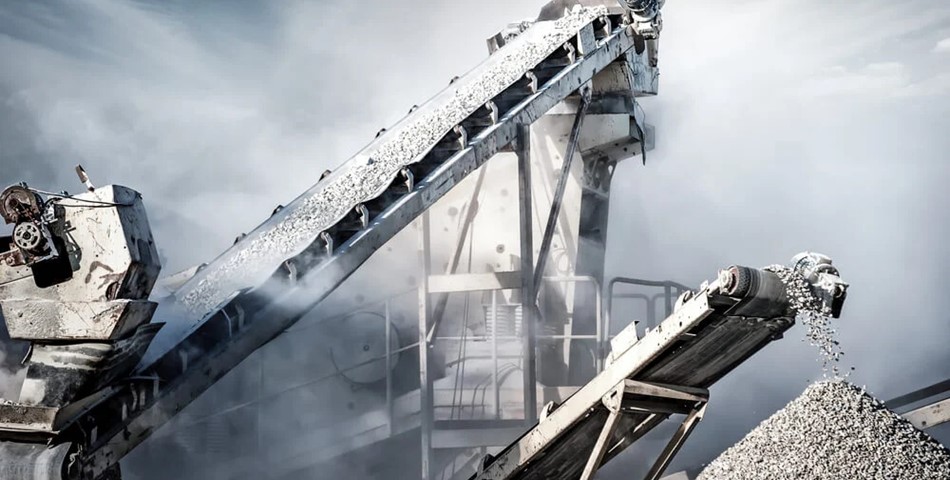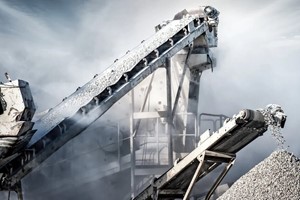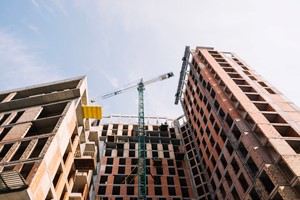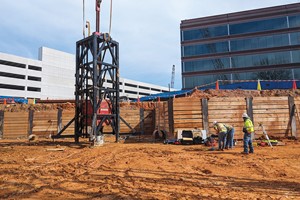ABB, a leading technology firm, has entered into a strategic partnership with Captimise, a specialist in carbon capture equipment, to drive the widespread adoption of carbon capture, utilization, and storage (CCUS) technologies within the cement industry. Through a recently signed memorandum of understanding (MOU), the two companies are poised to assist cement producers in identifying and implementing carbon capture technologies that cover the entire carbon chain, from capture and liquefaction to storage, transport, and eventual utilization.
This collaboration brings together ABB's extensive expertise in automation, electrification, and digitization with Captimise's deep knowledge of carbon capture and CCUS project experience garnered from operations in the United States and Europe. Mattias Jones, CEO of Captimise, expressed optimism about the ongoing partnership with ABB, highlighting their combined experience in over 30 case studies with CO2 emitters across various industries.
Max Tschurtschenthaler, Global Business Unit Manager of Cement at ABB Process Industries, underscored the significant challenge facing the cement manufacturing sector in reducing carbon emissions. He emphasized ABB's commitment to making carbon reduction more cost-effective by synergizing its cutting-edge technologies with the specialized expertise of partners like Captimise, thereby providing crucial support to the cement industry in achieving ambitious climate and Net Zero targets.
According to insights from McKinsey, the built environment accounts for approximately 40% of global CO2 emissions from fuel combustion, with cement production alone responsible for a substantial 7% of global CO2 emissions. To tackle this environmental challenge, industry experts convened at the World Economic Forum Annual Meeting 2023 in Davos, Switzerland, to explore strategies for reducing carbon emissions in the cement and concrete value chain, including the adoption of lower-carbon building materials like green cement.
A key focus of discussion revolved around reducing emissions from clinker production, which accounts for a staggering 90% of emissions in cement manufacturing. Cement producers are actively exploring alternative materials such as fly ash, metal slag, or calcined clay to substitute clinker and mitigate carbon emissions.
Moreover, the panel deliberated on innovative approaches to the storage and reuse of CO2, highlighting the potential of mineralization. This process involves chemically binding captured CO2 with minerals such as calcium or magnesium to form stable carbon compounds, effectively converting emissions into inert minerals and thus mitigating the environmental impact of cement production.
The global market for green cement and concrete has witnessed remarkable growth, with its value reaching nearly $30 billion in 2021. Projections indicate a further surge, with the market expected to soar to $73 billion by 2030, underscoring a growing demand for sustainable building materials worldwide. This trend underscores the urgency for collaborative efforts, such as the partnership between ABB and Captimise, to drive innovation and accelerate the transition toward a more sustainable future in the cement industry.
By Anthony Wright













